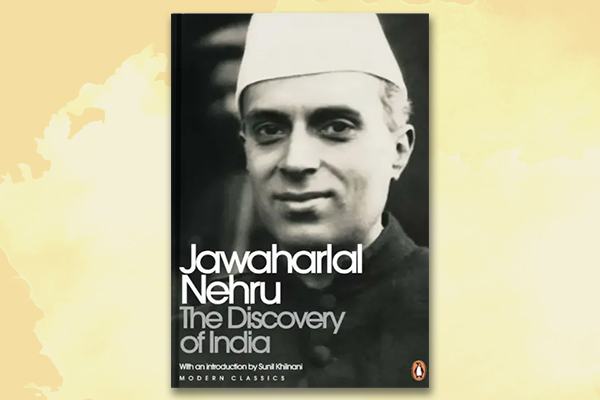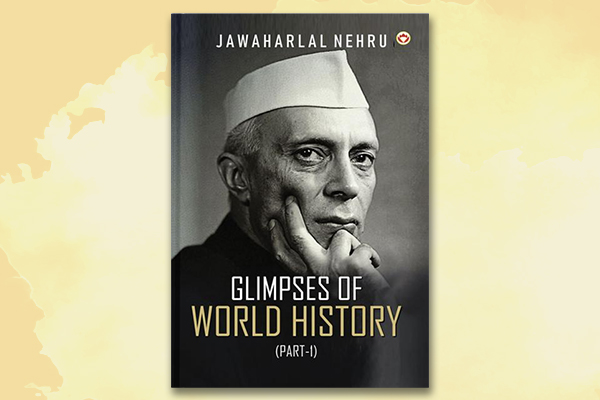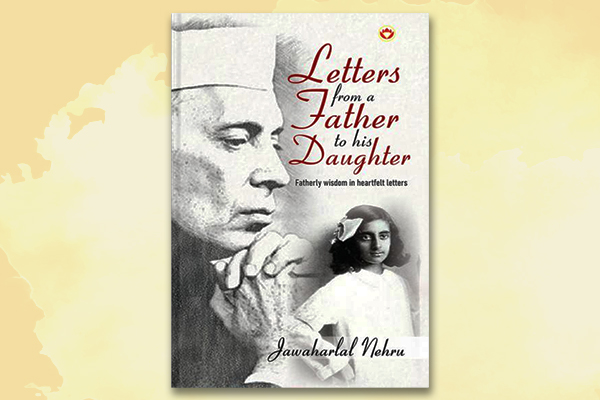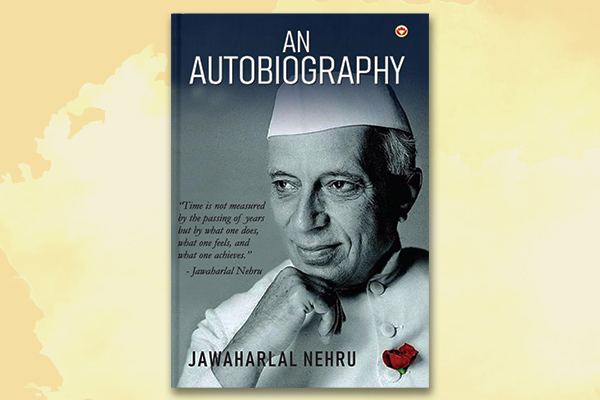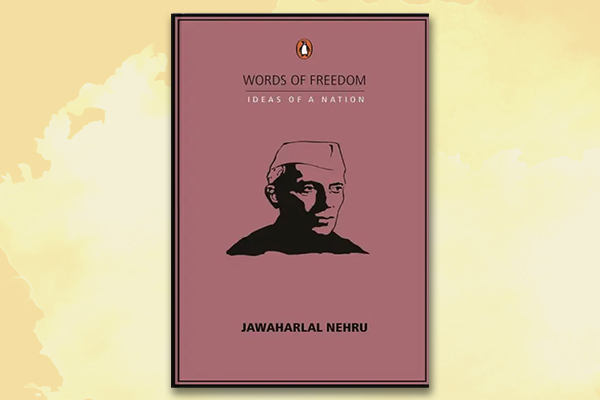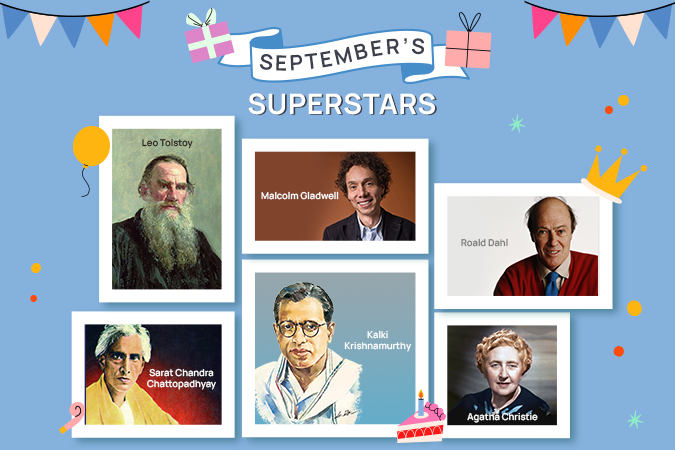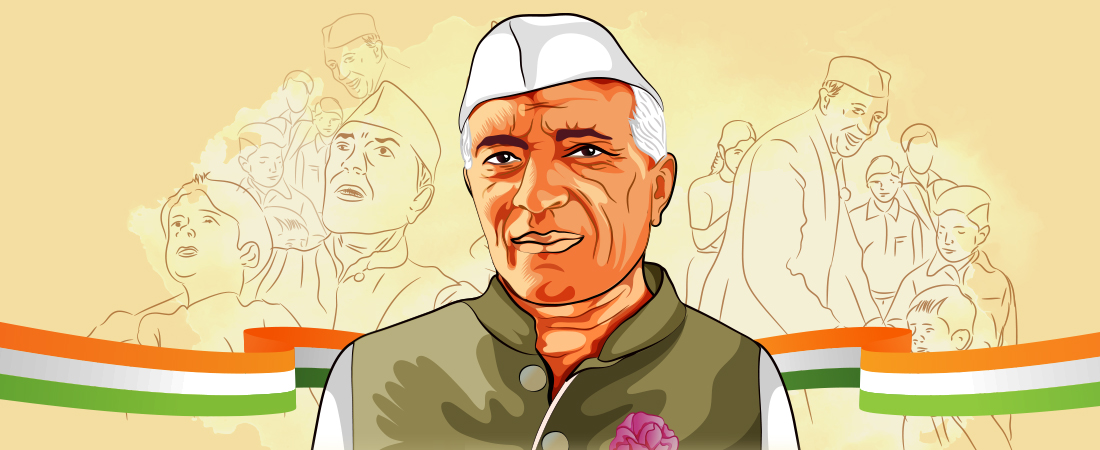
The Visionary Leader Who Wrote History
Jawaharlal Nehru, India’s first Prime Minister, was not just a statesman and freedom fighter but also an eloquent thinker with a remarkable gift for words. His speeches stirred hearts, and his writings continue to inspire generations. Nehru’s eventful life, marked by political struggle, imprisonment, and deep reflection, shaped his ideas about India and the world. If you wish to explore his ideas and reflections, these books written by Jawaharlal Nehru reveal the mind of a visionary who combined intellect with compassion and leadership with literary grace.
A Life That Shaped His Words
Born on 14 November 1889 into a privileged Kashmiri family, Nehru received his education at Harrow and Cambridge, where he was exposed to global ideas of freedom and progress. After his education, he chose to return to India to join the struggle for independence, becoming one of Mahatma Gandhi’s closest allies.
Nehru’s repeated imprisonments during the freedom movement offered him long periods of solitude, a time he used to read, reflect, and write. These years of confinement turned into chapters of creative expression, where he penned letters, essays, and books that chronicled both India’s ancient glory and its modern awakening.
Why We Must Read These Books
Reading Nehru’s works allows us to understand India’s past and its hopes for the future through the eyes of a man who lived its transformation. His books are not just historical accounts; they are deeply personal reflections on identity, freedom, and human progress. They give readers a rare opportunity to see beyond the image of the Prime Minister and glimpse the philosopher, the father, and the eternal learner within him.
Written during Nehru’s imprisonment at Ahmednagar Fort between 1942 and 1946, The Discovery of India is both a tribute to India’s civilisation and a meditation on its future. Nehru wrote it in solitude, tracing India’s journey from the ancient Vedic age to the British Raj. The book combines history, philosophy, and cultural commentary with a storyteller’s passion. Readers gain insight into Nehru’s admiration for India’s pluralistic spirit and his belief in unity through diversity. Rich in detail and emotion, it remains one of the finest works on Indian history.
Glimpses of World History was born from letters Nehru wrote to his 13-year-old daughter, Indira Gandhi, from prison between 1930 and 1933. Without access to libraries, Nehru recreated the story of human civilisation, from ancient Greece and Rome to Asia and Europe, with clarity and narrative flair. These letters, nearly 200 in total, explore empires, revolutions, and ideologies that shaped the modern world. What makes this book extraordinary is how it turns world history into a conversation between father and daughter, making complex ideas engaging and relatable for all readers.
In 1928, when Indira Gandhi was just ten years old, Nehru began writing letters to her to nurture her curiosity about the world. Compiled as Letters from a Father to His Daughter, the book introduces young readers to the wonders of science, nature, and human history. Written in simple, affectionate prose, these letters reveal Nehru’s deep love for learning and his desire to pass on that spirit to the next generation. Beyond the historical facts, the book captures the tenderness of a father’s bond and reflects Nehru’s belief that education begins with curiosity and compassion.
Written during his imprisonment in the 1930s, this book is Nehru’s introspective account of his life, education, and political awakening. From his years at Harrow and Cambridge to his early days in India’s freedom movement, the book reveals how personal experiences shaped his values and ideals. It blends self-reflection with historical context, giving readers an intimate view of the independence struggle. Nehru’s candid and philosophical writing style offers timeless lessons on leadership, resilience, and integrity. It is as much a political chronicle as it is a portrait of a man in pursuit of purpose and freedom.
Not a book written by him, but it brings together Nehru’s most powerful speeches and writings that defined India’s political and moral direction. The book captures his thoughts on democracy, secularism, socialism, and the responsibilities of an independent nation. Through these essays and addresses, readers witness Nehru’s intellectual depth and unwavering faith in progress and equality. His words, written decades ago, still resonate in today’s world, urging readers to reflect on what freedom and nation-building truly mean. It’s a concise yet compelling introduction to the ideals that guided modern India.
Whether you’re reading his historical analyses or heartfelt letters to his daughter, Nehru’s voice remains relevant, reminding us that learning, questioning, and dreaming are the true paths to freedom.
FAQ
How many books did Jawaharlal Nehru write?
Jawaharlal Nehru wrote several important books, letters, and essays. His most well-known books include The Discovery of India, Glimpses of World History, Letters from a Father to His Daughter, An Autobiography (Toward Freedom), and Words of Freedom: Ideas of a Nation.
Did Nehru write any books during India’s independence movement?
Yes. Jawaharlal Nehru wrote many of his major books during the Indian independence movement, often while imprisoned by the British, including The Discovery of India, Glimpses of World History, and An Autobiography.
How have Nehru’s books influenced Indian readers and thinkers?
Nehru’s books have influenced Indian readers by shaping ideas about history, democracy, secularism, and national identity. His writings combine personal reflection with political thought, making them important texts for students, thinkers, and leaders across generations.
What is the name of Nehru’s famous book for children?
Letters from a Father to His Daughter is Jawaharlal Nehru’s most famous book for children. Written as letters to his daughter Indira Gandhi, it introduces young readers to history, science, nature, and human progress in simple language.

